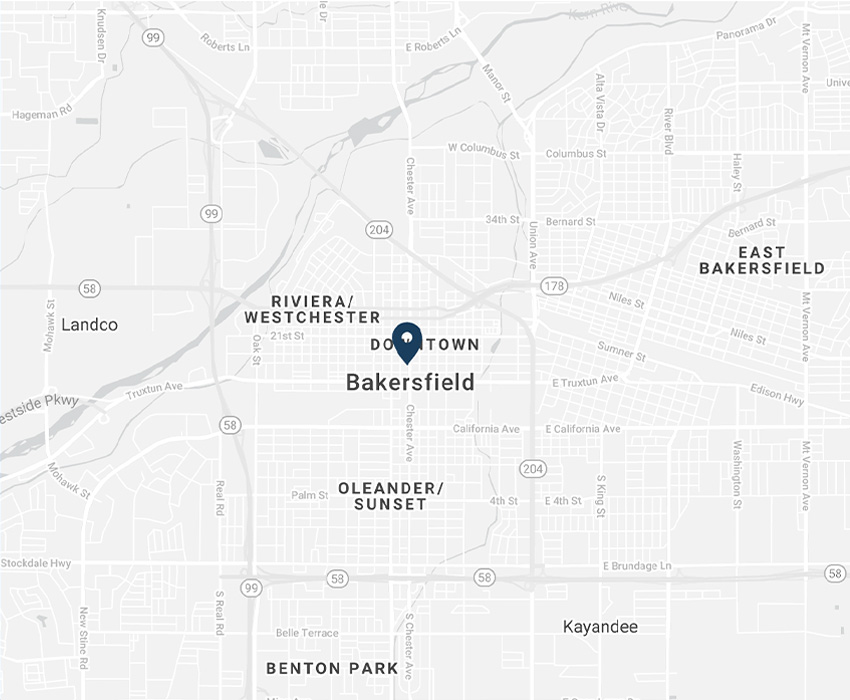Plan your summer road trip, the most dangerous season for drivers, with safety in mind
July 10, 2019 | Article by Chain | Cohn | Clark staff | Tips & Information Social Share

Even with the new gas tax in California, one of the most cost efficient ways to get your family from point A to point B this summer is on the road. Especially in Kern County and the Central Valley, many popular destinations are just a few hours away by car.
But summer is also one of the deadliest seasons for drivers across the country. According to the National Highway Traffic Safety Administration (NHTSA), more people die in drunk driving crashes in July than any other month. That means each time you hit the freeway, you are putting your family at risk of potential danger.
So, this month more than any other month is the time to recognize and prepare for any event that may take place while on the roadway. Here are some summer safety tips for you to be prepared on your next road trip:
Carry an emergency kit
Never leave home without an emergency kit. Top of the list is a cell phone because you can call for help in case of an emergency. It’s also suggested to pack the following:
- Cell phone charger
- First-aid kit
- Tools to jump a car, check tire pressure, and change tires
- Basic repair tools and duct tape
- Water
- Nonperishable food and medicines
- Maps
- Emergency blankets and towels
Never leave children or pets unattended in cars
The law in California states that no children under 12 may be left unattended in a car. The fact is there is no safe amount of time to leave children alone in the car. Did you know that children’s bodies heat up 3-5 times faster than an adult’s body? That’s according to the Children’s Hospital of Los Angeles. Even if the weather is at a cool 60 degrees, temperatures inside a vehicle can reach 110 degrees. Cracking a window does not allow for enough air flow through the vehicle. Every hot car death is preventable.
If you bring pets on your road trip, have a plan beforehand. Check to see if the restaurant you’re planning on going to is pet-friendly or if another passenger can watch the pet if you have to run into a store.
Also remember to pull your canned sodas out of the car before you hit the beach or they might explode in high temperatures. This also applies to aerosol products such as hairspray and canned deodorant.
Stay alert behind the wheel
Drowsy driving accounted for 91,000 motor vehicle crashes in 2017, according to NHTSA. The National Sleep Foundation states that driving while drowsy is dangerous because it has similar effects on your body as if you were to drive drunk. Being awake for 18 hours straight makes you drive as if you have a blood alcohol level of .05, and being awake for 24 hours straight brings it to a blood alcohol level of .10. The best way to prevent drowsy driving is to get 7-8 hours of sleep the night before your road trip. Signs to watch out for include:
- trouble focusing
- heavy eyelids
- inability to remember the last stretch of road you drove
- constant yawning
- bobbing head
- drifting from your lane
Drinking coffee and energy drinks are not always enough for tired drivers because the effects do not last long. Switching drivers throughout a road trip is a great way to improve alertness in each individual’s portion of the drive. If switching drivers is not possible, one way to increase alertness is to drink one to two cups of coffee and pull over and take a 20 minute nap.
Have a designated driver
As always, it is important to have a designated driver if any drivers in your party consume alcohol. Deaths caused by drunk driving are preventable. It is important to check and make sure any medication you are taking will not worsen the effects of alcohol. Common allergy medications, such as Clarinex, should not be mixed with alcohol. For a full list of medications to avoid taking while consuming alcohol click here.
And, as always, share the road with pedestrian, scooter riders, bicyclists and motorcyclists, and always wear a seat belt. For more driving safety tips, go to chainlawblog.com.
— Alexa Esparza contributed to this report.
———
If you or someone you know is injured in an accident, please call the attorneys at Chain | Cohn | Clark at (661) 323-4000, or chat with us online at chainlaw.com.

